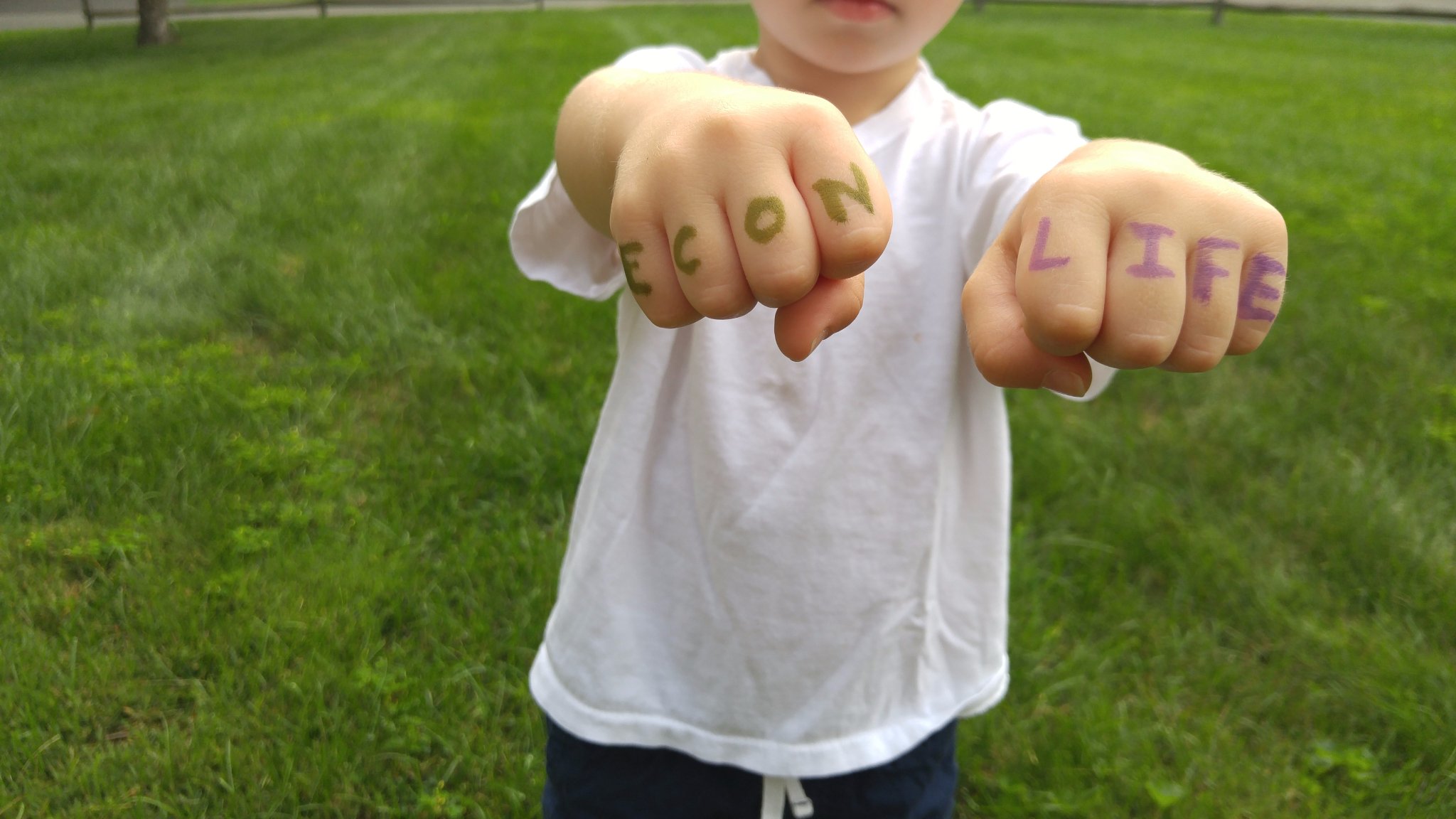Guest post by Jeff Mosenkis of Innovations for Poverty Action.

- Two podcast recommendations:
- NPR has a new podcast, Rough Translation, from former East Africa correspondent Gregory Warner (web, Apple). It looks at how questions we deal with here play out differently in other cultures. The first episode looks at how Brazil ended up with race tribunals to evaluate who was Black enough to qualify for affirmative action. The second looks at fake news planted by Russia in Ukraine.
- The fun “Tell Me Something I Don’t Know” podcast recently had a behavioral science all-star cast with Dean Karlan, George Loewenstein, Katy Milkman and a gang of others (Web: Episode 24 “Behavior Change: Ultra Egghead Edition,” or Apple)
- For economists (but probably useful for other academics as well), there will be a twitter panel discussion on balancing the professional part of your life with the rest on Wednesday, September 6th at 9PM EDT, dinnertime Pacific. You don’t have to be live to participate though; tweet your questions in advance with the #EconLife hashtag and the panel will answer.
- A nice simulator complete with cartoons where you can play econ trust games. You can try different strategies to watch how outcomes change (and then set it to work simulating repeated play using different strategies). h/t Osman Siddiqi
- How many social programs work? Depending on how you count, 60-80% of published evaluations don’t find a significant effect, but remember that published evaluations are not a representative sample of all social programs.
- Google Earth is giving tours of indigenous and traditional homes around the world.
- The Secret Economic Lives of Animals. Increasing numbers of species have been found to vary exchange rates for services (like wasps offering nesting space for childcare), based on changes in local supply and demand.
- Two short and interesting econ lessons:
- How the infamous Smoot-Hawley Tariff, in which the government ignored the warnings of over a thousand economists, sparked a global trade war which exacerbated the great depression. It all started with a move to protect the Mormon Church’s interest in sugar beets. Along the way they explain why trade protectionism is politically popular, even though it’s ultimately harmful to everybody.
- How Pigouvian taxes work, in which a government taxes something that hurts others, allowing the parties involved to figure out how to minimize it, like a carbon tax.


3 Responses
How many social programs work? Depending on how you count, 60-80% of published evaluations don’t find a significant effect, but remember that published evaluations are not a representative sample of all social programs.
golu dolls
golu dolls
It is nice template download with this site.
Yes, the article I was looking for. Your article gives me another approach on the subject. I hope to read more articles from you.